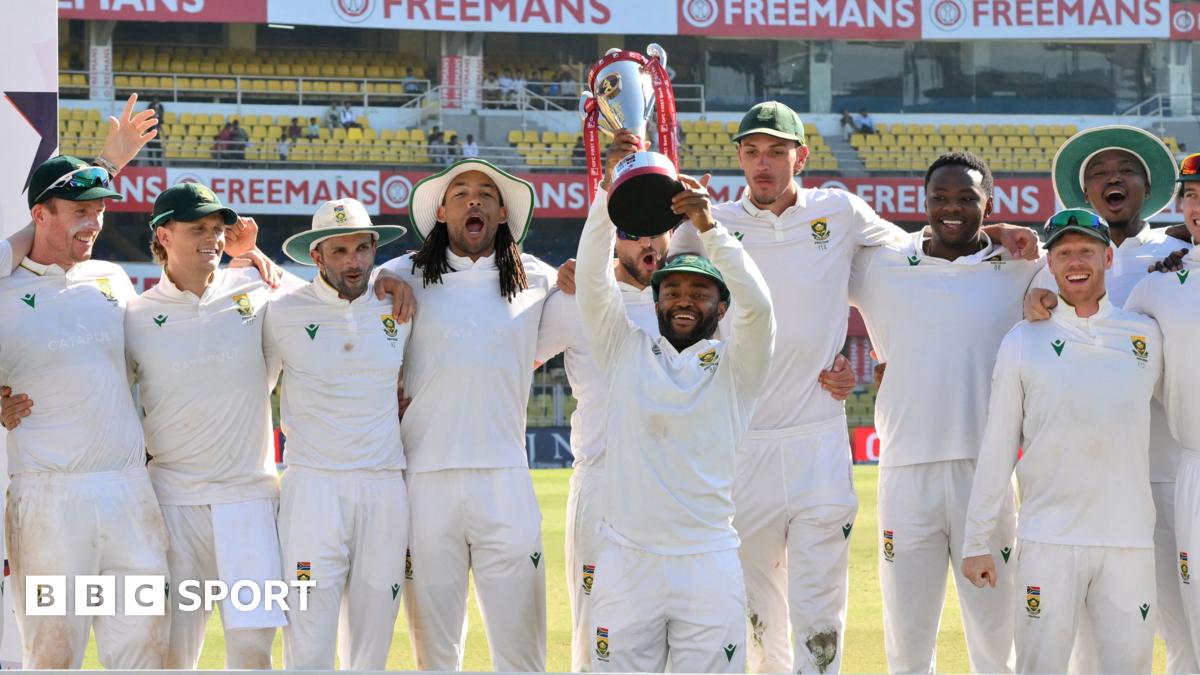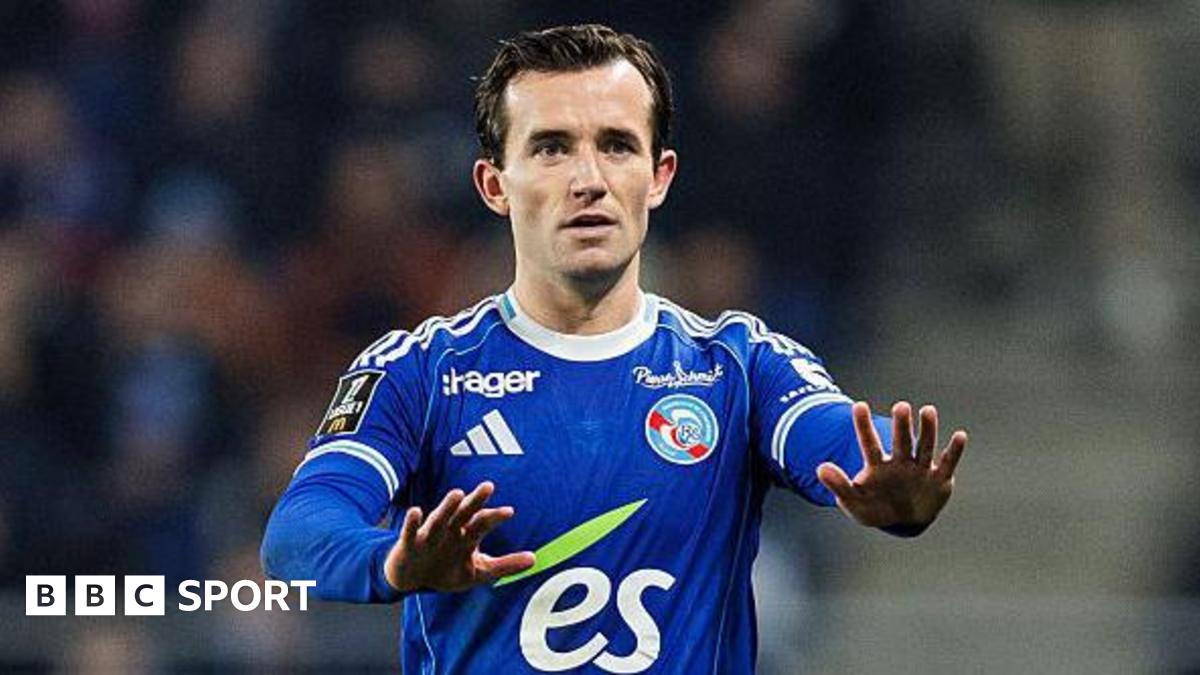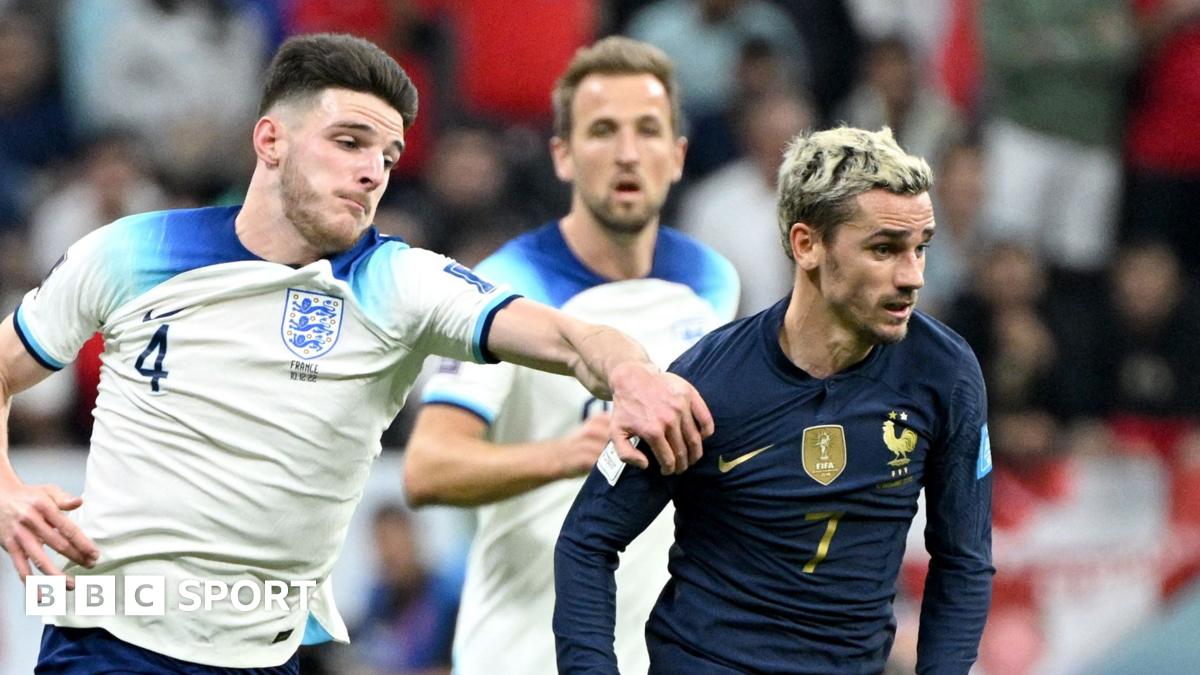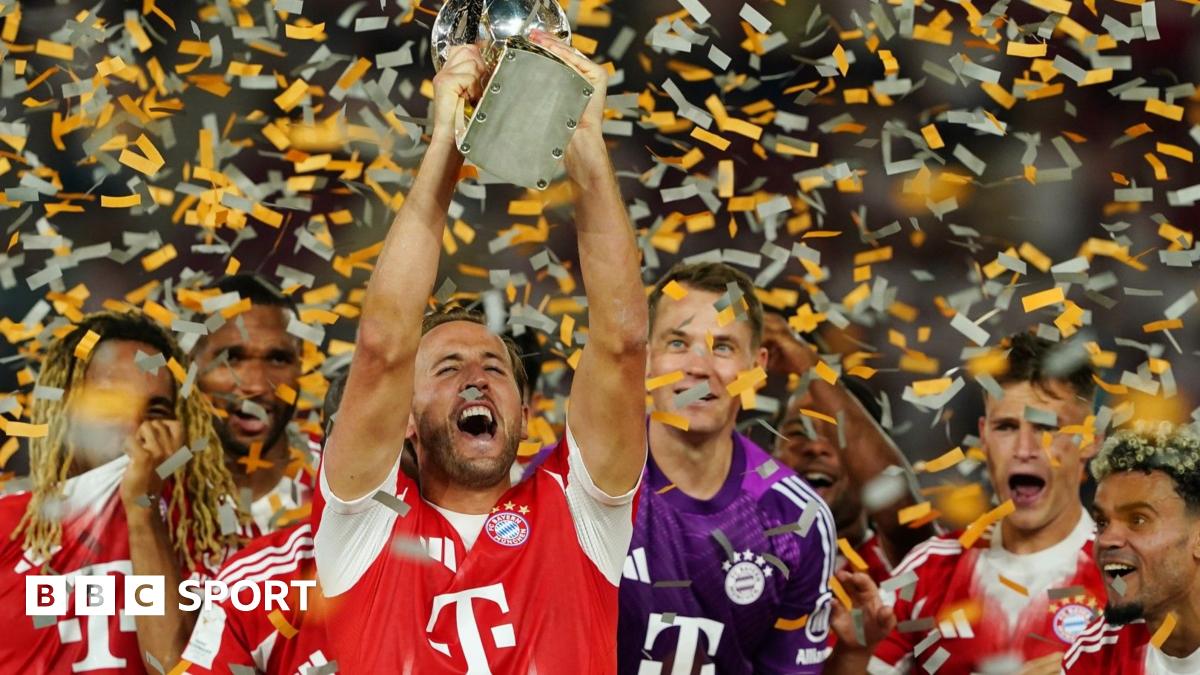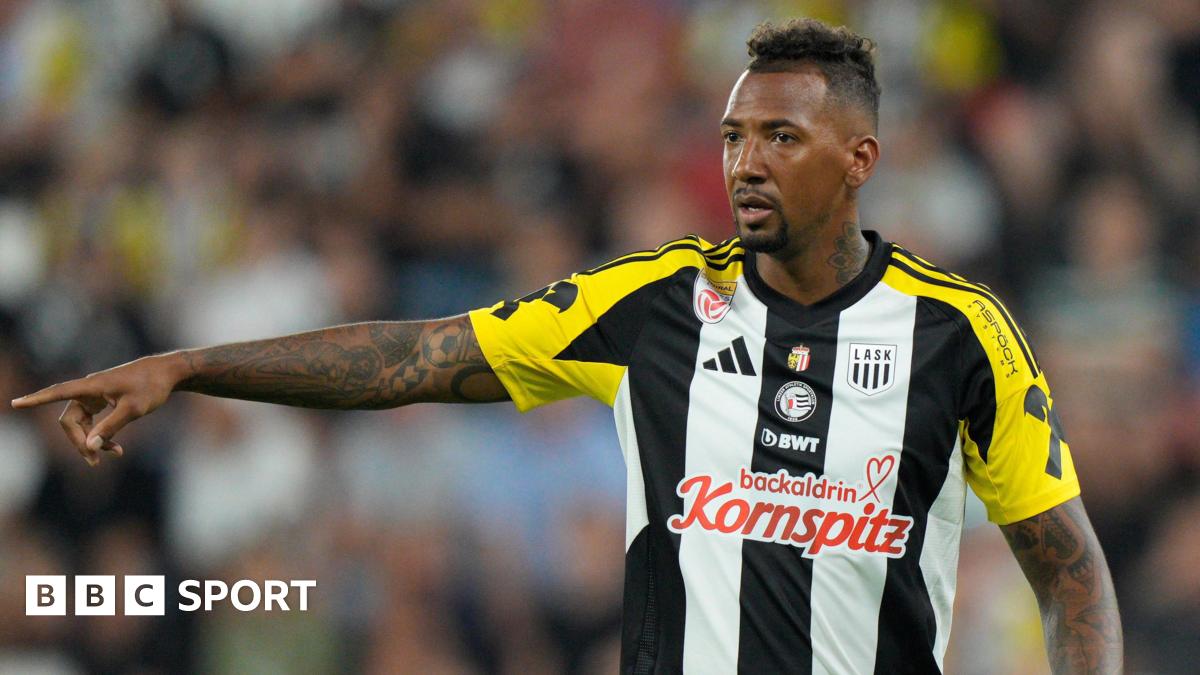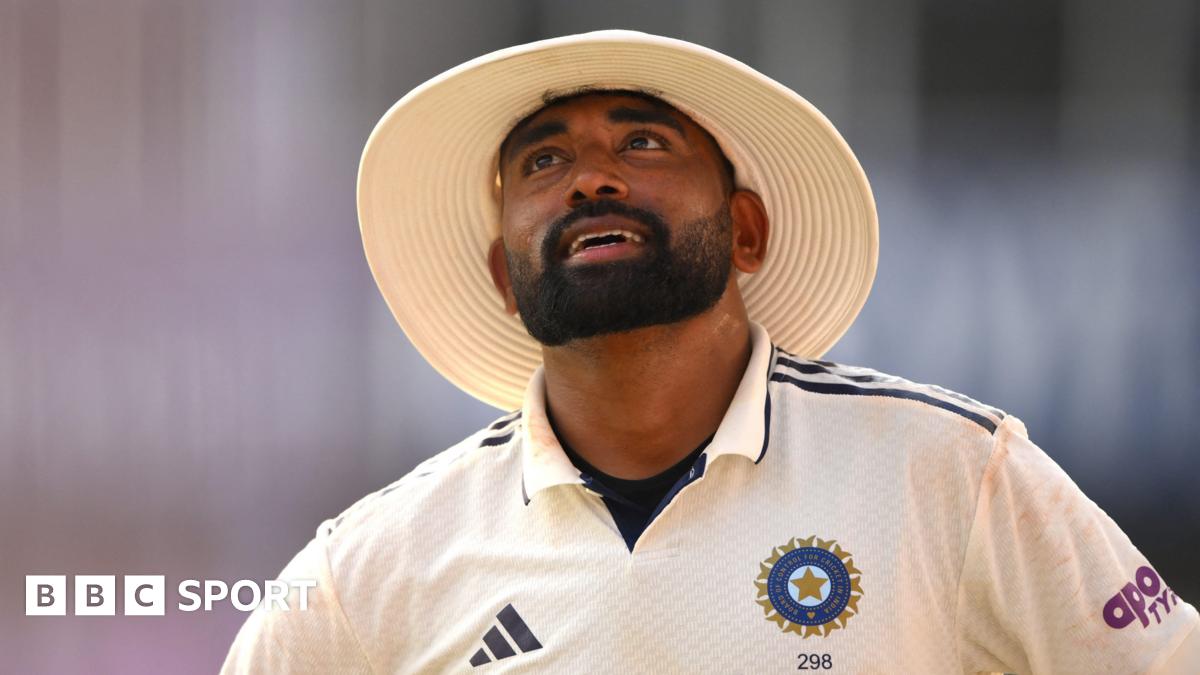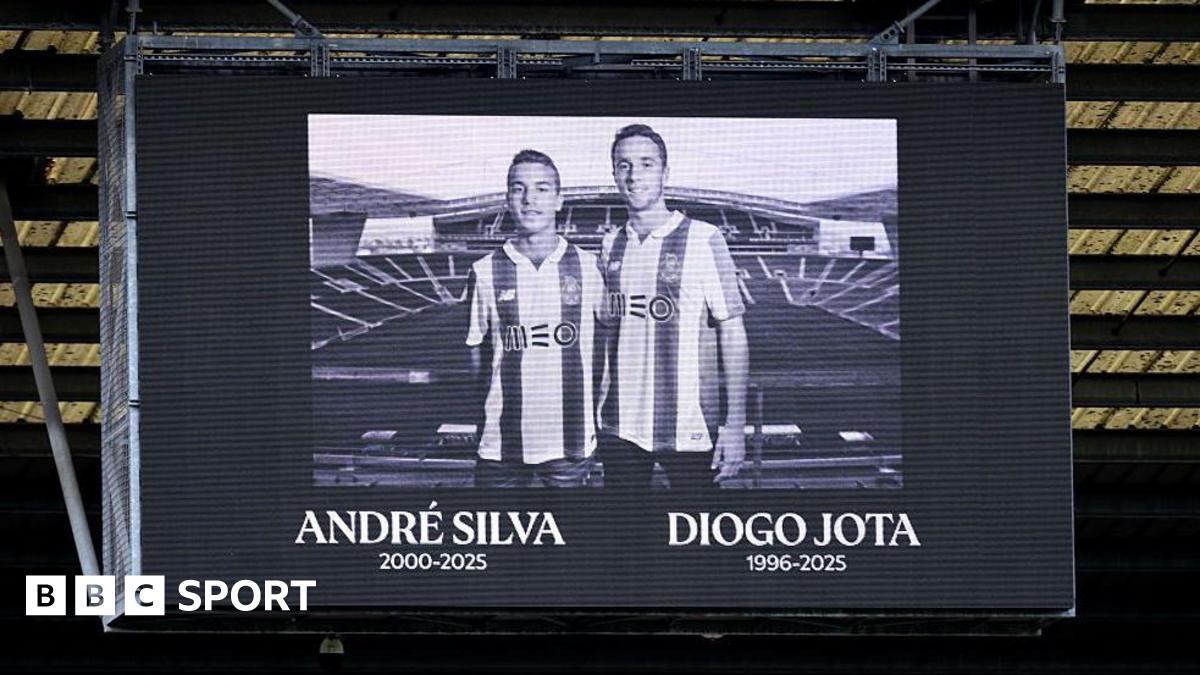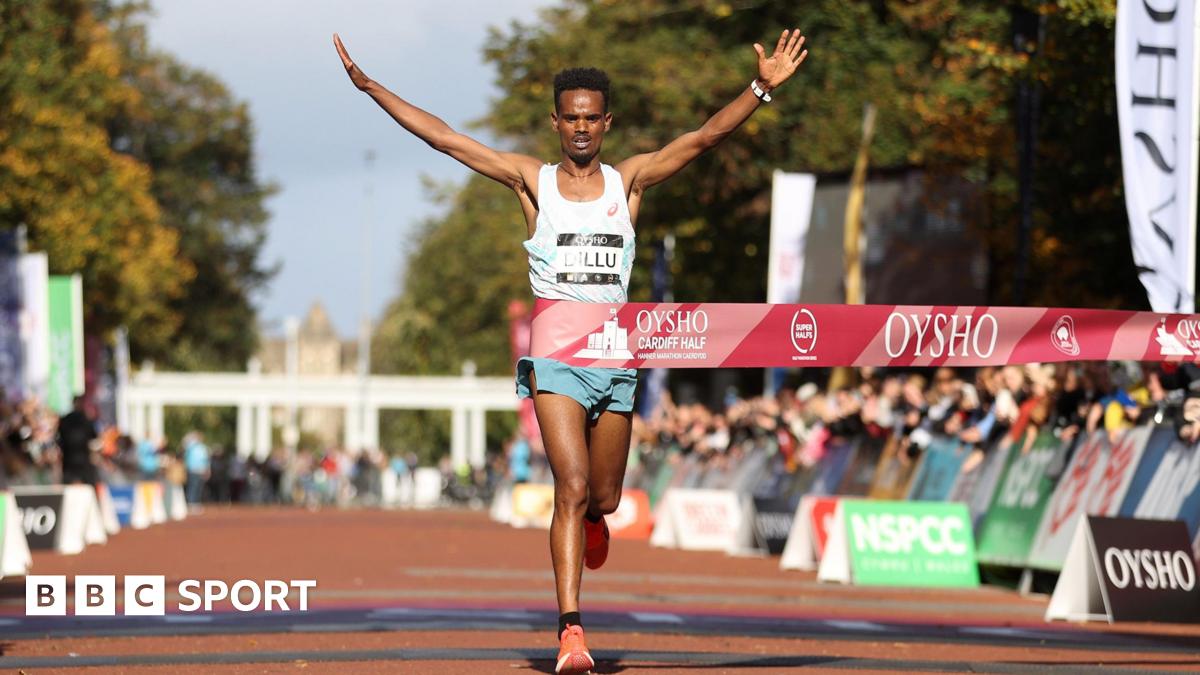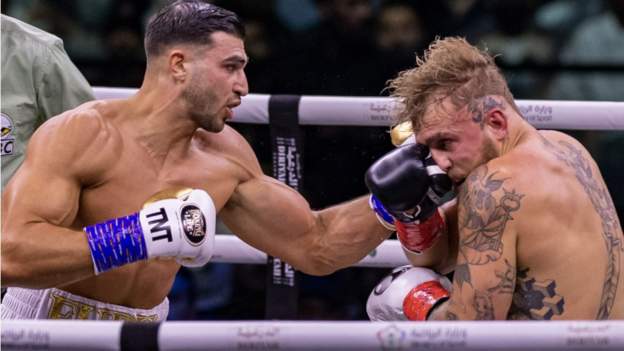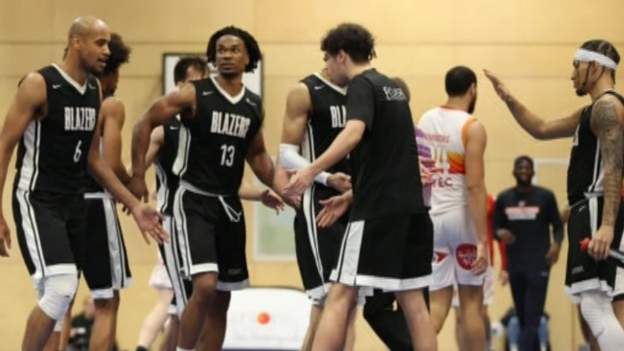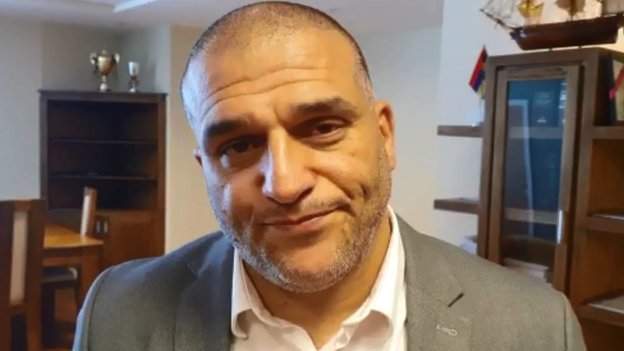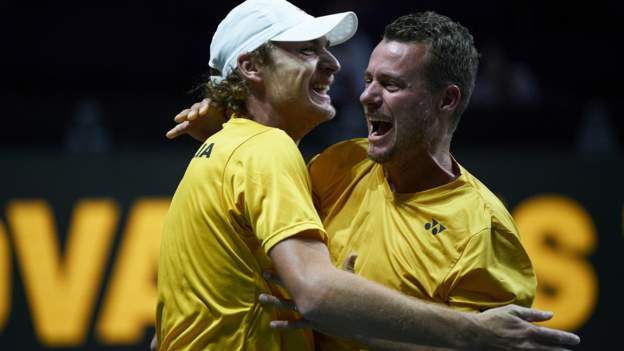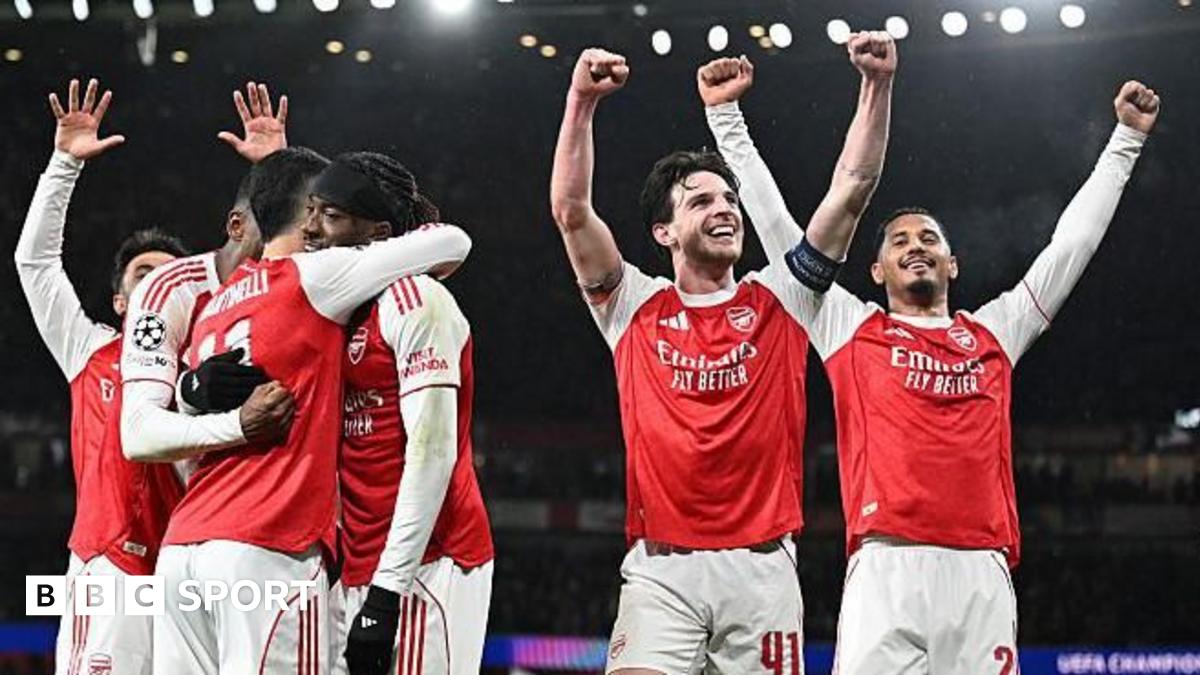For many purists, Tommy Fury’s win over Jake Paul on Sunday was either a victory for boxing’s credibility or a reminder of how social media influencers can, and will continue to, push the boundaries of the sport.
Briton Fury – of Love Island fame and brother of heavyweight champion Tyson – beat Paul by split decision in their grudge match in Saudi Arabia.
Some fight fans felt a win for Fury, the legitimate boxer, rather than Disney-star-turned-YouTuber-turned-pugilist Paul, saved the sport from ridicule.
Others felt the colossal hype generated by the match-up – with both men dominating social media feeds both in the build-up and on fight night – demonstrated just how boxing has evolved in recent years, and the direction it might be heading in.
Two novice professionals from the world of entertainment, with just 14 fights between them, were being talked about more than most world champions.
BBC Sport speaks to fighters and promoters to ask whether Paul v Fury was a positive for the future of ‘traditional’ boxing? And is the lure of lucrative bouts against social media celebrities – rather than pursuing titles – now a more attractive option for professional boxers?
‘Fury’s win a step in the right direction for boxing’
After winning the eight-round contest, 23-year-old Fury praised Paul’s performance and described him as a “proper boxer”, not just a celebrity with more than 22m Instagram followers.
Paul, 26, turned professional in 2020 but had only faced a fellow YouTuber, a basketballer and MMA fighters before fighting Fury.
Britain’s former world champion Carl Froch – who earlier this month shared a back and forth with Paul after saying he would knock the American out – believes Fury’s victory “was a step in the right direction for professional boxing”.
Speaking to BBC Radio 5 Live, Froch said: “He [Tommy] has done professional boxing purists and the sport of boxing a massive favour by exposing him [Paul] for what he is.
“When you look at Jake Paul and a number of the other influencer YouTubers, they cannot fight professional fighters. They’re not professional boxers. They’re YouTubers and they’re just playing at it.”
Former world champion Richie Woodhall was more complimentary towards Paul’s boxing ability.
“He’s serious about the game and wants to be looked upon as a professional boxer,” Woodhall said on the 5 Live Boxing podcast. “And [from] what I saw tonight, I think he has a future as a professional fighter.”
Not as simple as YouTuber & ‘proper’ boxing
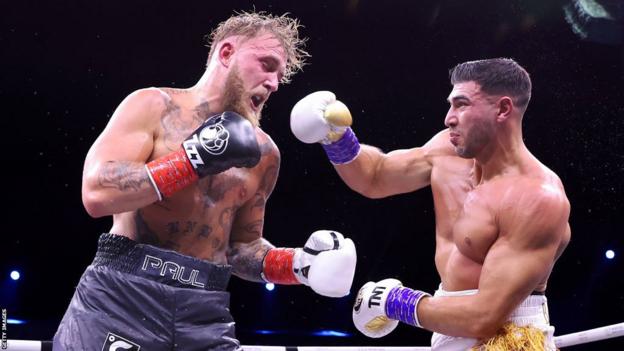
The landscape of boxing has changed ever since YouTubers Joe Weller and Theo Baker decided to settle their differences in the ring six years ago.
But categorising the sport into either ‘YouTuber’ or ‘traditional’ boxing is not so straightforward, and Paul v Fury demonstrated there may be a middle ground.
In contrast to championship-level boxing, there are organisations such as Misfits – a promotional company set up by YouTuber KSI and Wasserman Boxing.
Its bouts are usually headlined by celebrities or social media stars and are sanctioned by the Pro Boxing Association, rather than the British Boxing Board of Control.
Misfits events are broadcast on the DAZN streaming platform, but have been criticised by boxing purists for their unorthodox adaptions of the sport.
In August 2021 KSI fought two men in one night, and Misfits recently said it was exploring ‘tag-team’ boxing matches.
Both Fury and Paul partake in gruelling training camps, fight in sanctioned bouts and are subjected to the same regulations as other professional boxers.
Promoter Frank Warren has previously said both men are “a world apart from the Misfits nonsense”, and Matchroom Boxing’s Eddie Hearn also distanced them from the “world of YouTube boxing”.
Did the bout attract new audiences?
The number of pay-per-view buys Fury v Paul generated has not yet been disclosed but the event appeared to reach younger, non-boxing fans.
Anecdotally – judged on social media and conversations across the UK and beyond – there was colossal, perhaps unparalleled, hype surrounding an eight-round contest between two inexperienced fighters.
Whether scrolling through Instagram stories, checking Twitter trends or taking in TikTok, there was a huge buzz throughout fight week.
On fight night, footballer Cristiano Ronaldo and boxing legend Mike Tyson were in attendance and popstar Drake bet $400,000 (£335,000) on his compatriot Paul to win by knockout.
BBC boxing pundit Steve Bunce feels both fighters should be credited for the positive impact the event will have on increasing the sport’s popularity and diversity of its fanbase.
“They’re bringing eyeballs to the sport,” Bunce said on BBC Breakfast.
“If Jake Paul can reach 200 million people with one tweet and get it retweeted 10 million times in about five minutes no matter what time he sends the tweet, then if millions and millions of new eyeballs are watching the sport, they’re not all going to disappear when the boxing finishes.
“So how is 250,000 potentially new fans going to hurt any sport, whether it’s tiddlywinks or boxing? It has to be positive.”
Can boxing learn from Paul-Fury?
Rather than identifying Paul v Fury as a threat to mainstream boxing, what can the sport and its athletes learn from its success?
While talent alone takes you a long way, self-promotion can also be key to selling tickets and manoeuvring a boxer into world-title contention.
The likes of Fury, Paul and YouTuber boxers understand the importance of a strong social media presence, and how to create relatable content for an army of loyal fans.
“We need to make sure we build the profiles of the undercard fighters so it’s the same for traditional boxing,” Hearn says.
“The advantage that YouTube boxing has is everybody knows those fighters and those fights because they’ve been consuming it via social media the last couple of months.”
Will more boxers turn to ‘entertainment’ fights?
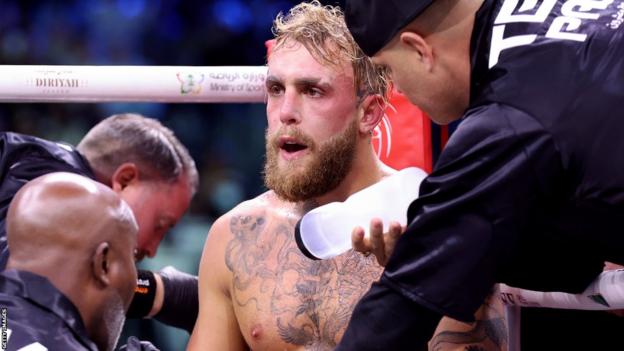
Before the fight, Fury said his future plan was to pursue titles, but the Manchester-born fighter has also said he is open to a rematch with Paul or a fight against fellow Briton KSI.
Froch does not believe Fury has the “technique or ability” to challenge for world honours, and a British title is more realistic. But he believes going down that route could be the wrong move.
“He earned millions against Jake. For that kind of level fight, why would you even attempt to try and fight for a British title or a Commonwealth or area title?” Froch said.
“Is he going to be motivated now to go and earn £25,000, maybe £50,000 for his next fight?”
The WBC confirmed Fury will now be ranked in their cruiserweight top 40, a controversial move by the sanctioning body which Bunce says “makes no sense at all”.
In theory, as a ranked fighter Fury could be offered a world-title shot in the future.
Purists would undoubtedly question the sport’s integrity if a boxer at world or elite level were to ever face a YouTuber, or someone as inexperienced as Fury.
But WBO cruiserweight champion Lawrence Okolie would welcome the opportunity, and does not feel it would reduce his credentials.
“Deal. Handshake. Sign the contract,” the Briton said. “At the end of the day, you’ve paid your dues, if it gets sanctioned and a YouTuber gets to the point then yeah, cool.
“As a human being, I don’t want to do that kind of damage to someone.
“But for them to get a ranking, if you want to pay me more money to box someone who is not on my level, why would I say no?”



